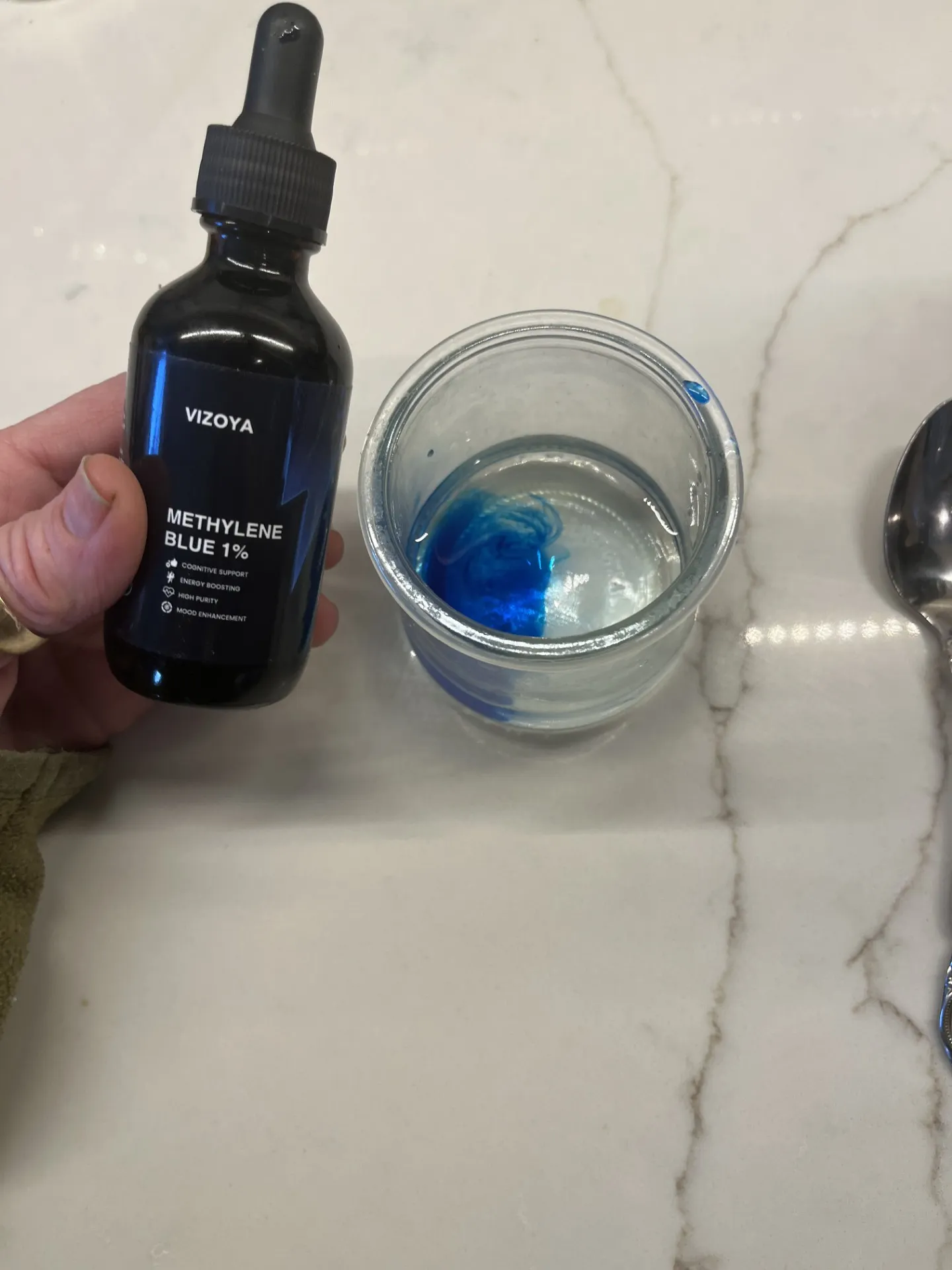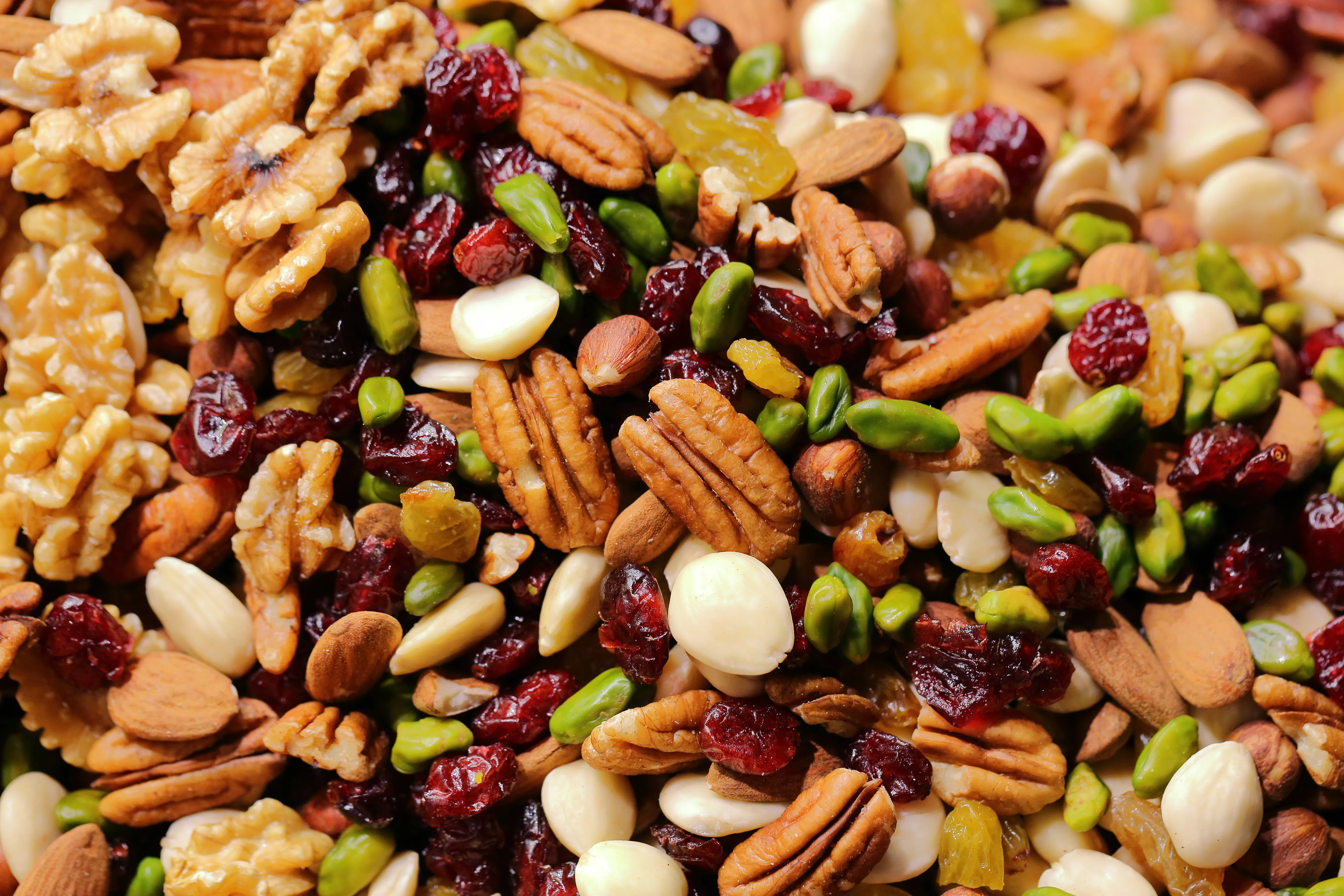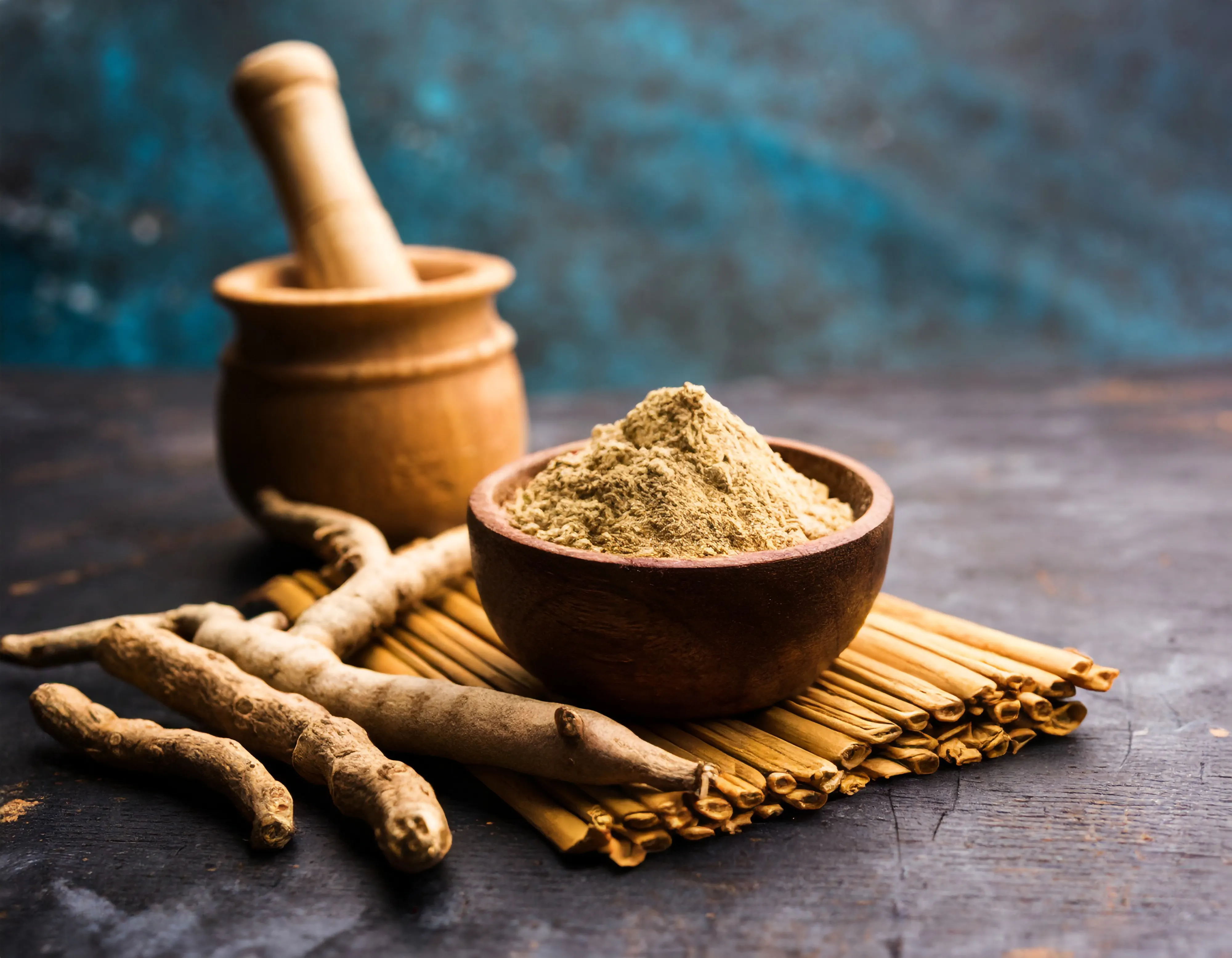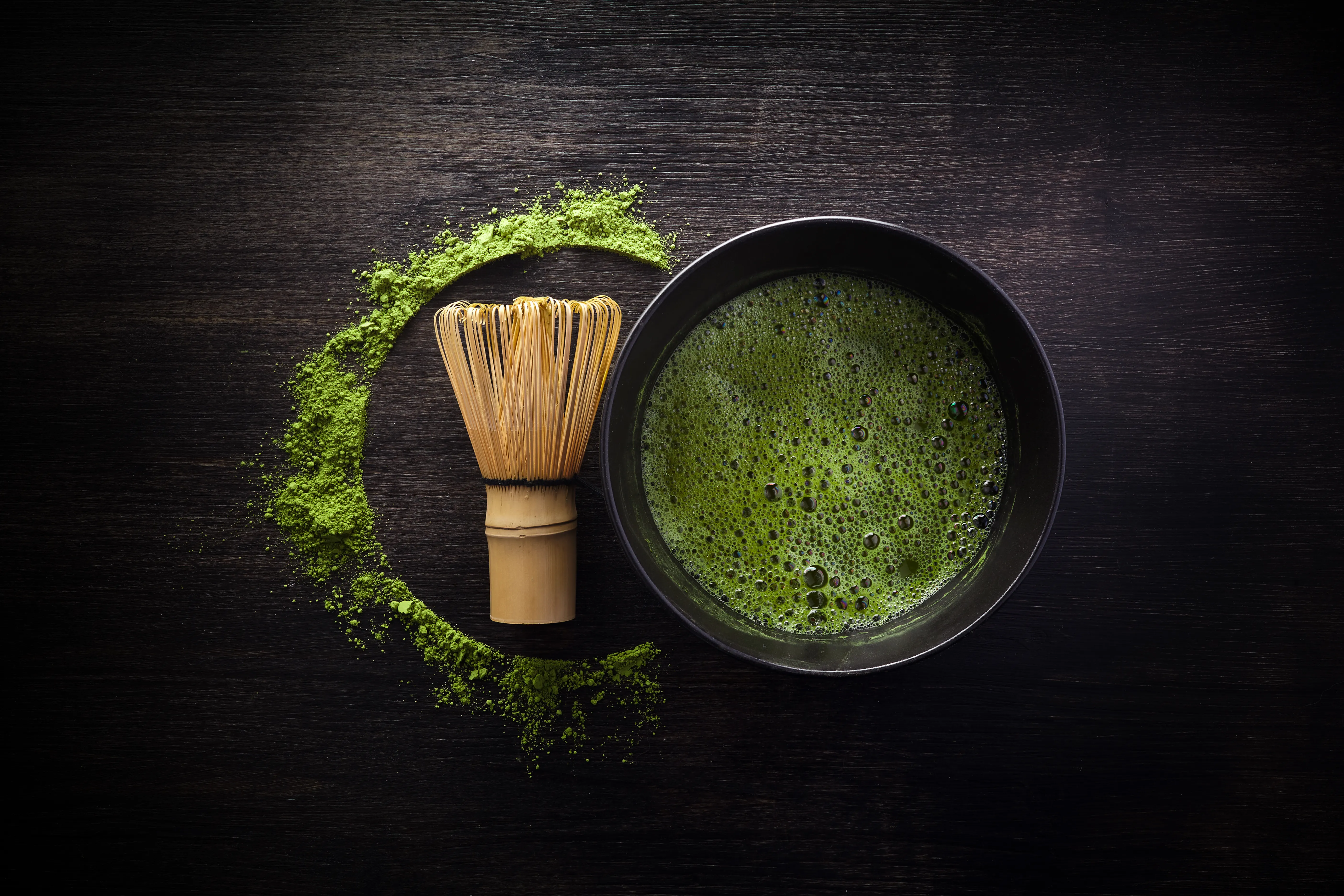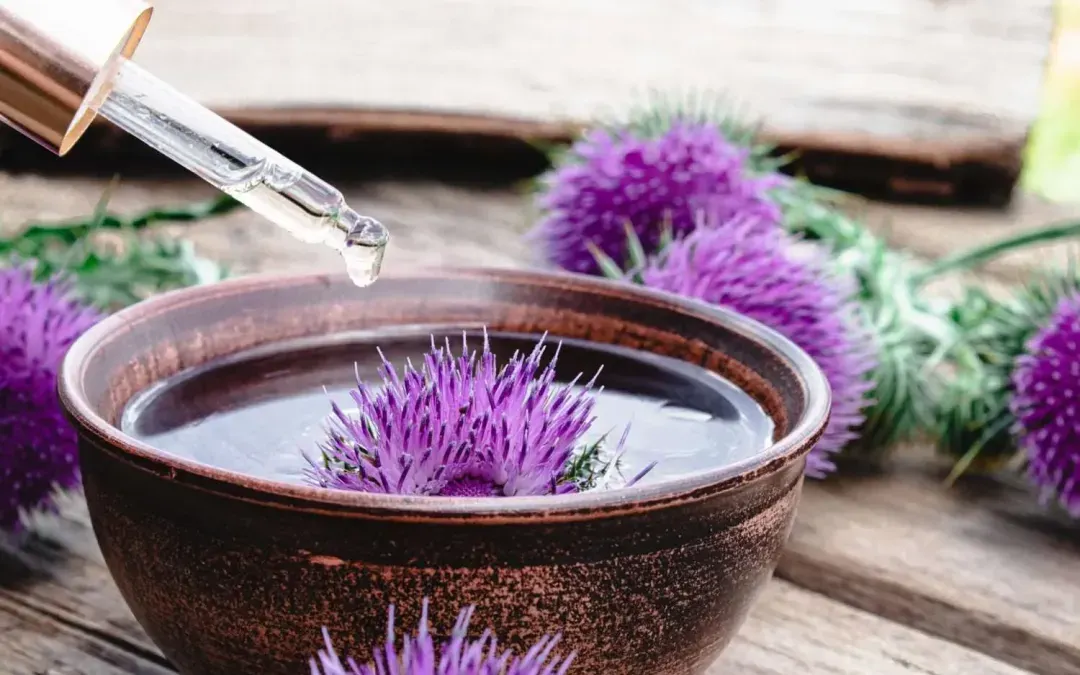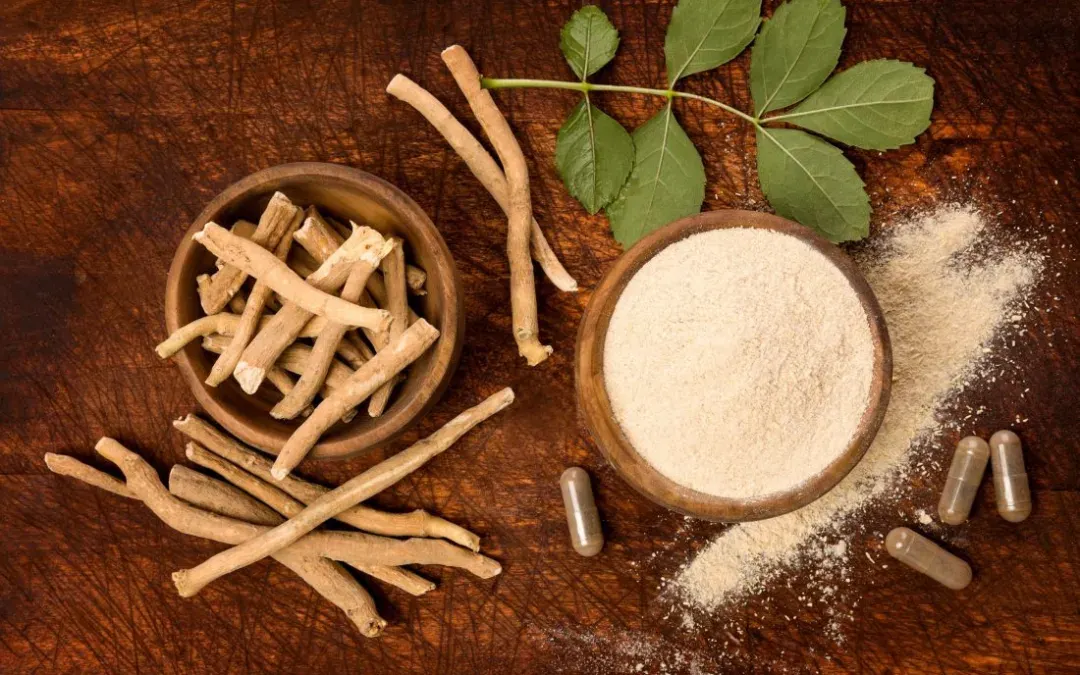Detoxing with Hyssop
Detox with Hyssop: A Natural Approach to Cancer Relief
By Christina Blanchard-Horan, PhD

Detox with Hyssop: A Natural Ally for Cancer Relief
By Christina Blanchard-Horan, PhD
Hyssop (Hyssopus officinalis) has been used in traditional medicine for centuries, valued for its antiseptic, antimicrobial, and anti-inflammatory properties. Modern research suggests that hyssop's potent antioxidant and anticancer properties make it a promising natural remedy for detoxification and cancer relief (Sharifi-Rad et al., 2022). This article explores how hyssop supports detoxification, its potential role in cancer prevention and treatment, and strategies for incorporating it into a holistic health plan.
The Detoxifying Power of Hyssop
Hyssop (Agastache foeniculum), also known as anise hyssop or Mexican mint, is a powerful medicinal herb traditionally used to treat respiratory conditions, digestive disorders, and cardiovascular ailments (Stefan et al., 2022). More recently, research has highlighted its potential in cancer relief due to its antioxidant, anti-inflammatory, and immune-boosting properties (Sharifi-Rad et al., 2022). As we continue to explore natural solutions for detoxification and cancer prevention, hyssop stands out as a valuable herb in holistic healing.
Hyssop is rich in flavonoids and essential oils, which help eliminate free radicals and reduce oxidative stress (Mićović et al., 2021). These properties make it an excellent herb for detoxification, as oxidative stress plays a key role in cancer development and progression (Strilbytska et al., 2020). The National Center for Biotechnology Information (NCBI) reports that hyssop preparations can significantly reduce DNA damage in human cells, highlighting its potential for cellular detoxification (Mićović et al., 2021).
Hyssop’s Role in Cancer Prevention & Relief
Several studies indicate that hyssop has notable anticancer properties. Essential oil extracts from hyssop have demonstrated cytotoxic activity against cancer cells, including HeLa cell lines, through antioxidant and anti-tumor effects (Sharifi-Rad et al., 2022). Additionally, hedge hyssop extract has been studied for its effects on kidney cancer, where it inhibits tumor growth, promotes cancer cell apoptosis, and reduces angiogenesis (PubMed, 2019). The presence of bioactive compounds such as flavonoids and phenolics contributes to hyssop’s ability to combat cancer at the cellular level.
Science Supporting Hyssop’s Benefits
- Antioxidant & Anti-cancer Effects: Hyssop extract helps prevent DNA damage and exhibits potent cytotoxic activity against cancer cells (Mićović et al., 2021; Sharifi-Rad et al., 2022).
- Immune System Boosting: Stimulates antiviral responses and modulates immune pathways, which could help in fighting cancerous cells (Ghasempour et al., 2022).
- Metabolic Benefits: Regulates insulin signaling and energy metabolism, supporting overall health and longevity (Strilbytska et al., 2020).
- Detoxification Support: Hyssop aids in liver and kidney function, helping the body eliminate toxins more effectively (Stefan et al., 2022).
How to Use Hyssop for Detox
Incorporating hyssop into a cancer-supportive lifestyle can be done through various methods:
- Herbal Tea: Steep dried hyssop leaves in hot water for 10-15 minutes to make a detoxifying tea that supports digestion, respiratory health, and immune function (Stefan et al., 2022).
- Tinctures and Extracts: Alcohol-based or glycerin-based tinctures provide a concentrated form of hyssop’s medicinal properties and can be taken in small doses daily.
- Essential Oil Therapy: Hyssop essential oil, when diluted with a carrier oil, can be used for aromatherapy or applied topically for its antimicrobial and anti-inflammatory benefits (Charles, 2012).
- Capsules and Supplements: Standardized hyssop supplements may offer a convenient way to incorporate its benefits into a daily regimen.
- Culinary Uses: Fresh or dried hyssop can be used as a flavorful addition to soups, salads, and herbal blends to enhance detoxification through diet.
The Role of Hyssop in Detoxification
One of the key mechanisms behind hyssop’s therapeutic effects is its ability to combat oxidative stress, a major contributor to cancer progression. Studies have shown that hyssop essential oil extracts exhibit strong antioxidant and anticancer activities, helping to eliminate free radicals and reduce cellular damage (Sharifi-Rad et al., 2022; Mićović et al., 2021). Additionally, hyssop has been found to enhance immune function by activating antiviral pathways, which may also play a role in targeting cancerous cells (Ghasempour et al., 2022).
In an experiment on kidney cancer, hedge hyssop extract significantly suppressed tumor growth by inducing cell death (apoptosis), blocking blood vessel formation (angiogenesis), and altering key metabolic pathways (PubMed, 2019). These findings suggest that hyssop could be an effective complementary therapy for cancer patients.
Using Hyssop
To harness the benefits of hyssop for detoxification and cancer relief, consider incorporating it into your routine through the following methods. I get my herbs at the local herb market. Hyssop is easy to find. Here's what to do with it:
Hyssop Tea for Daily Detox
Hyssop tea has been traditionally used to soothe the respiratory system, support digestion, and provide antioxidant protection. Drinking one to two cups of hyssop tea per day can help cleanse the body and reduce inflammation (Stefan et al., 2022).
How to Prepare:
- 1 teaspoon dried hyssop leaves
- 1 cup hot water
- Steep for 10 minutes, strain, and enjoy

Hyssop Extract for Cancer Support
Hyssop extracts, available in liquid or capsule form, have demonstrated anticancer potential. A study on fruit flies found that dietary hyssop extended lifespan, reduced oxidative stress, and improved metabolic health (Strilbytska et al., 2020). For those looking to support their body’s natural defenses against cancer, a standardized hyssop extract can be taken under professional guidance to ensure appropriate dosage.
Hyssop Essential Oil for External Use
Hyssop essential oil has antimicrobial, antiviral, and anti-inflammatory properties (Charles, 2012). While it is not recommended for direct ingestion, it can be used externally by diluting with a carrier oil and applying to the skin or added to bath water for detoxification and relaxation.
Hyssop and Nutrition
Incorporating hyssop into your diet can be as simple as adding fresh or dried hyssop leaves to soups, salads, and herbal infusions. The herb’s rich flavonoid content may help reduce the risk of age-related diseases, including cancer and heart conditions (Mićović et al., 2021).
Considerations and Precautions
While hyssop is generally safe, it is important to consult with a healthcare professional before using it, especially for individuals with pre-existing health conditions or those undergoing cancer treatment. Pregnant and breastfeeding women should avoid hyssop, as some compounds may stimulate uterine contractions (Ghasempour et al., 2022).
Conclusion
Hyssop is an ancient medicinal herb that continues to gain recognition for its detoxifying, immune-boosting, and potential anti-cancer properties. Whether consumed as tea, taken as an extract, or used externally as an essential oil, hyssop can be a powerful addition to a holistic wellness routine. While more research is needed to fully understand its impact on cancer treatment, its antioxidant and metabolic benefits make it a promising herbal remedy for those seeking natural ways to support their health.
Hyssop is a powerful herb with detoxifying and anticancer properties. Its ability to reduce oxidative stress, enhance immune function, and support cellular health makes it a valuable natural remedy for those seeking holistic cancer relief. By incorporating hyssop into daily routines through teas, extracts, essential oils, and supplements, individuals can harness its healing potential as part of a comprehensive wellness strategy.
References
- Charles, E. O. (2012). Hyssop essential oil: Therapeutic uses and benefits. [Online resource].
- Ghasempour, M., Hosseini, M., Soltani-Zangbar, M. S., Motavalli, R., Aghebati-Maleki, L., Dolati, S., Mehdizadeh, A., Yousefi, M., & Ahmadian Heris, J. (2022). The impact of Hyssop (Hyssopus officinalis) extract on activation of endosomal toll-like receptors and their downstream signaling pathways. BMC Research Notes, 15(1), 366. https://doi.org/10.1186/s13104-022-06253-3
- Mićović, T., Topalović, D., Živković, L., Spremo-Potparević, B., Jakovljević, V., Matić, S., Popović, S., Baskić, D., Stešević, D., Samardžić, S., Stojanović, D., & Maksimović, Z. (2021). Antioxidant, antigenotoxic, and cytotoxic activity of essential oils and methanol extracts of Hyssopus officinalis L. subsp. aristatus (Godr.) Nyman (Lamiaceae). Plants, 10(4), 711. https://doi.org/10.3390/plants10040711
- Sharifi-Rad, J., Quispe, C., Kumar, M., Akram, M., Amin, M., Iqbal, M., Koirala, N., Sytar, O., Kregiel, D., Nicola, S., Ertani, A., Victoriano, M., Khosravi-Dehaghi, N., Martorell, M., Alshehri, M. M., Butnariu, M., Pentea, M., Rotariu, L. S., Calina, D., Cruz-Martins, N., & Cho, W. C. (2022). Hyssopus essential oil: An update of its phytochemistry, biological activities, and safety profile. Oxidative Medicine and Cellular Longevity, 2022, 8442734. https://doi.org/10.1155/2022/8442734
- Stefan, D. S., Popescu, M., Luntraru, C. M., Suciu, A., Belcu, M., Ionescu, L. E., Popescu, M., Iancu, P., & Stefan, M. (2022). Comparative study of useful compounds extracted from Lophanthus anisatus by green extraction. Molecules (Basel, Switzerland), 27(22), 7737. https://doi.org/10.3390/molecules27227737
- Strilbytska, O. M., Zayachkivska, A., Koliada, A., Galeotti, F., Volpi, N., Storey, K. B., Vaiserman, A., & Lushchak, O. (2020). Anise hyssop (Agastache foeniculum) increases lifespan, stress resistance, and metabolism by affecting free radical processes in Drosophila. Frontiers in Physiology, 11, 596729. https://doi.org/10.3389/fphys.2020.596729
PubMed Reference:
- Hedge hyssop extract and its role in fighting kidney cancer. Retrieved from https://pubmed.ncbi.nlm.nih.gov/30830101/
Ready to Transform you life?
Christina Blanchard-Horan, Phd

